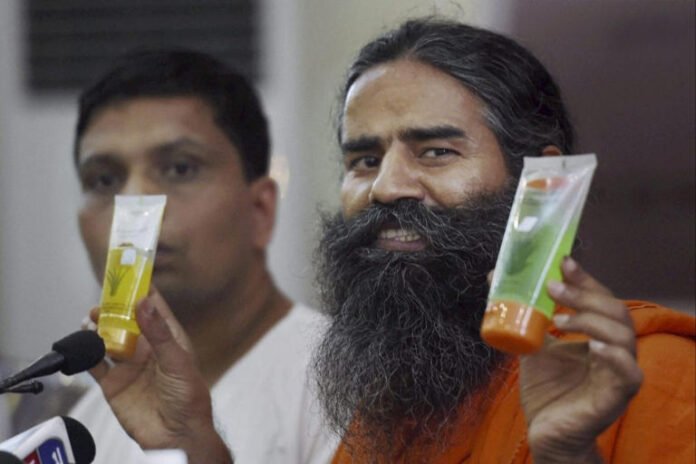The Supreme Court of India has once again admonished yoga guru Baba Ramdev, refusing to accept his apology in a case related to misleading advertisements. This latest rebuke underscores the court’s firm stance against deceptive marketing practices and its commitment to protecting consumer rights. The saga between Ramdev’s Patanjali Ayurved Limited and the judiciary highlights the importance of accountability and transparency in the advertising industry.
The controversy dates back to 2012 when the Food Safety and Standards Authority of India (FSSAI) initiated legal action against Patanjali Ayurved for allegedly airing misleading advertisements about the efficacy of its products. Despite repeated warnings and directives from regulatory authorities, Patanjali continued to broadcast commercials that made exaggerated claims about the health benefits of its products, including immunity-boosting properties amid the COVID-19 pandemic.
In response to the legal proceedings, Baba Ramdev, the face of Patanjali, offered a public apology during a court hearing, expressing regret for any inadvertent errors in the advertisements. However, the Supreme Court remained unconvinced by Ramdev’s apology, stating, “We don’t accept your apology.” The court’s stern rebuke reflects its skepticism towards token gestures of contrition and emphasizes the need for substantive corrective measures to rectify the harm caused by misleading advertisements.
The Supreme Court’s refusal to accept Ramdev’s apology sends a clear message to corporations and public figures that accountability cannot be evaded through mere lip service. It underscores the judiciary’s role as a guardian of consumer rights and underscores the importance of enforcing stringent regulations to curb deceptive marketing practices. In a market saturated with competing claims and exaggerated promises, the court’s intervention serves as a bulwark against exploitation and deception.
Furthermore, the case involving Patanjali Ayurved highlights broader issues concerning the regulation of advertising in India. Despite the existence of laws and regulatory bodies aimed at monitoring commercial communications, the enforcement mechanisms have often been criticized for their ineffectiveness and lack of teeth. Advertisers frequently flout regulations with impunity, relying on legal loopholes and delaying tactics to evade accountability.
The Supreme Court’s admonishment of Ramdev underscores the urgent need for a more robust regulatory framework to govern advertising standards in India. There is a pressing need for stricter penalties, expedited legal proceedings, and greater transparency in the monitoring and enforcement of advertising regulations. Additionally, there should be concerted efforts to enhance consumer awareness and empower individuals to identify and report deceptive advertising practices.
Moreover, the case serves as a cautionary tale for celebrities and influencers who lend their credibility to endorse products without due diligence. As public figures with significant influence, celebrities have a moral and ethical responsibility to ensure that the products they endorse are safe, effective, and backed by scientific evidence. By associating themselves with misleading advertisements, celebrities not only jeopardize their own reputation but also contribute to the erosion of consumer trust.
In light of the Supreme Court’s rebuke, it is imperative for Patanjali Ayurved and other companies implicated in misleading advertising cases to undertake comprehensive corrective measures. This entails not only retracting deceptive advertisements but also conducting independent audits, issuing public apologies, and implementing internal controls to prevent recurrence. Additionally, there should be greater transparency regarding the ingredients, manufacturing processes, and scientific evidence supporting the efficacy of advertised products.
In addition, the Supreme Court’s refusal to accept Baba Ramdev’s apology in the case of misleading advertisements sends a powerful message about the importance of accountability and transparency in the advertising industry. The judiciary’s firm stance underscores the need for stringent regulations, effective enforcement mechanisms, and greater consumer awareness to combat deceptive marketing practices. As India strives to uphold the rights of consumers and promote fair competition, the case involving Patanjali Ayurved serves as a pivotal moment in the ongoing quest for ethical advertising standards.

